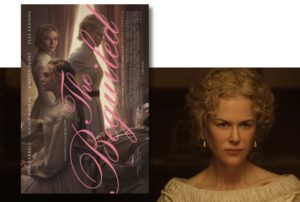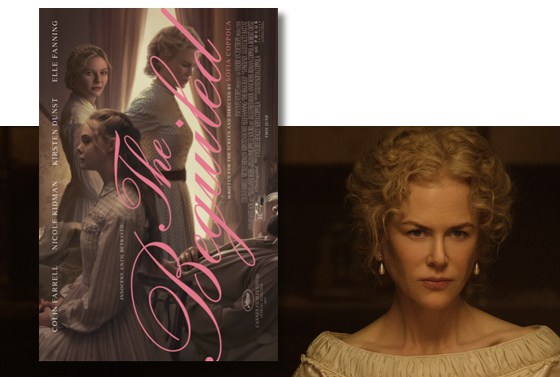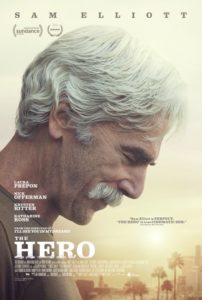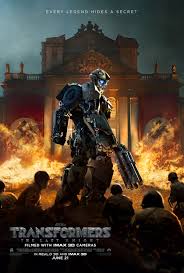The Beguiled
Posted on June 22, 2017 at 5:22 pm
B| Lowest Recommended Age: | Mature High Schooler |
| MPAA Rating: | Rated R for some sexuality |
| Profanity: | Mild language |
| Alcohol/ Drugs: | Some alcohol |
| Violence/ Scariness: | War (off-screen), injuries, murder |
| Diversity Issues: | Gender issues |
| Date Released to Theaters: | June 23, 2017 |

Writer/director Sofia Coppola has taken a 1971 Clint Eastwood movie about a wounded but manipulative Civil War soldier cared for and disruptive of the staff and students of a small girls’ school and reframed it as a story about the staff and students of a small girls’ school who care for and are disrupted by a wounded Civil War soldier. It is not so much telling the story of the spider and the fly from the perspective of the fly; it is more like telling the story with the women as the spider.
From her first film, “The Virgin Suicides,” through “Marie Antoinette,” “The Bling Ring,” “Lost in Translation,” and “Somewhere,” Sofia Coppola has been transfixed by stories of slender, ethereal young women who are a bit lost in a world created by powerful but inadequate men, and she has done her best to transfix the audience as well. Her next project, “La Traviata,” the story of a consumptive courtesan who turns out to be more noble than the man she loves, is certain to fit this pattern as well.
It is impossible to consider this latest work, a remake of a film directed by and starring two of the most testosteronic filmmakers in movie history, without that context. And that context is increasingly repetitive, with each iteration revealing not only the limits of the individual film but also the lacunae of the previous ones as well. What once seemed intriguing, mysterious, and thoughtful now appears, when the work is viewed as a whole, as superficial. It turns out that what was omitted was not because it was subtle and deep but because she had nothing more to say. While this film touches on issues of war (and warring emotions), it eliminates the slave character played in the first film by Mae Mercer, because there is really no way to do that relationship justice and any attempt to do so would throw the rest of the story off balance.
It is a pity, because she is just so good with the externals. The settings, costumes, music, and performances in her films are always superb, which makes the dispiriting emptiness even more disappointing.
Martha Farnsworth (Nicole Kidman) runs a small boarding school for girls, a retreat precariously close to Civil War battles being fought nearby. When one of the girls is out gathering mushrooms in the woods, she discovers a wounded Union soldier, John McBurney (Colin Farrell) and she brings him back to the school for treatment. Miss Farnsworth is not pleased, but she cannot turn him away. She treats him and tries to keep his presence as a male and an enemy combatant from disrupting the students and her co-teacher, Edwina Dabney (Kirsten Dunst). But he is a novelty and a distraction especially for those who long, perhaps unaware how much, for male attention.
McBurney has a gift for making each female in the house feel that he is what they most want him to be, from the teenager (Elle Fanning) to the widow (Dunst). “I’m grateful to be your prisoner,” he says. At first, he is gracious, unassuming, and charming. But he becomes a more ominous presence, dividing and disrupting the women until they take drastic action.
Kidman and Dunst are outstanding, representing two very different reactions to the intruder. It is precisely presented, even beguiling, but Coppola needs to move on or go deeper.
Parents should know that this film contains peril and violence including war (mostly offscreen), a wounded soldier, an accident, amateur surgery, mutilation, and murder, as well as sexual references and a situation, alcohol, and some strong language.
Family discussion: How did McBurney assess the vulnerabilities of each of the women and girls? How does this version reflect our era in differing from the original?
If you like this, try: the original version with Clint Eastwood



